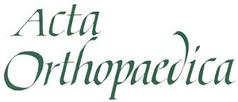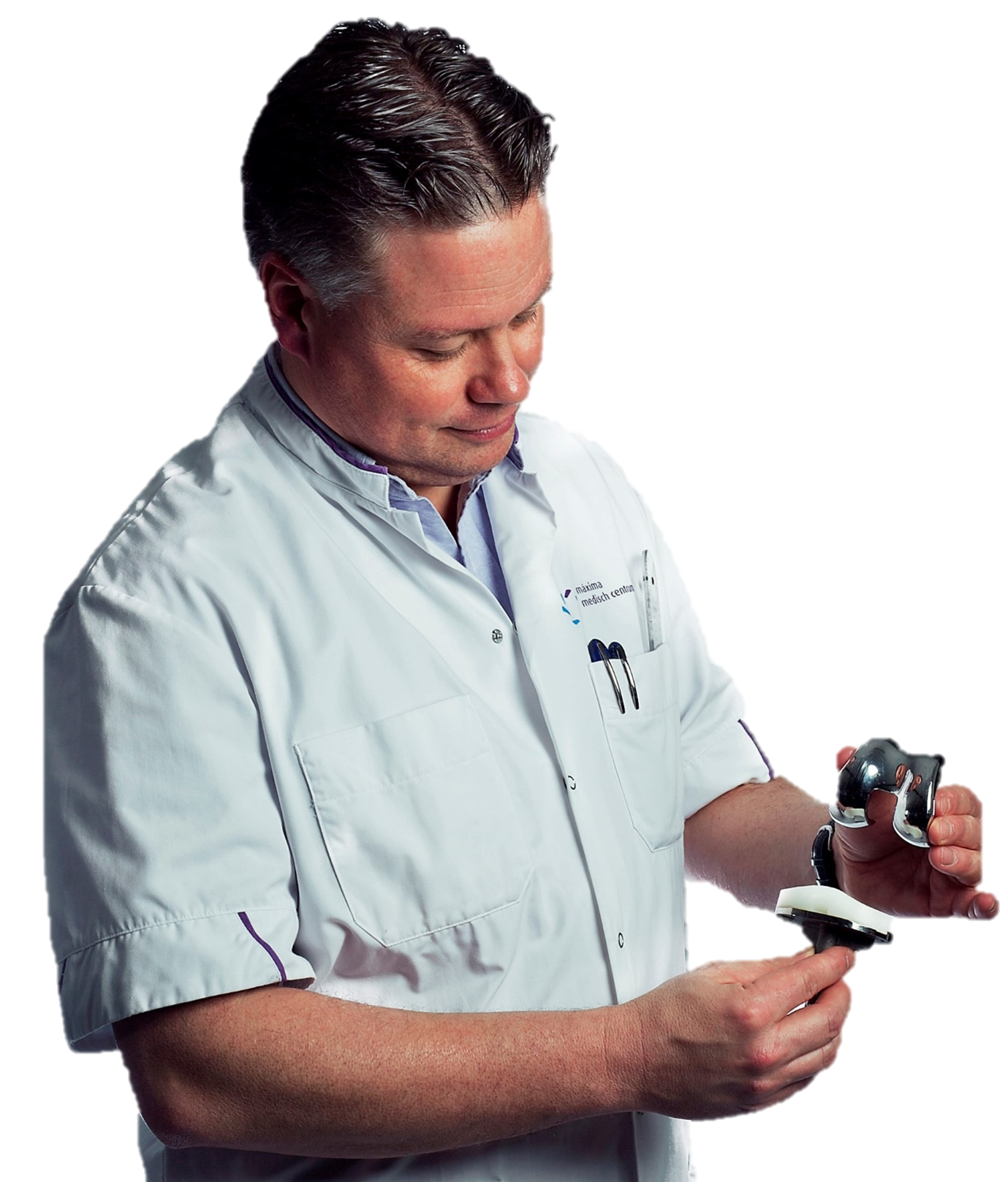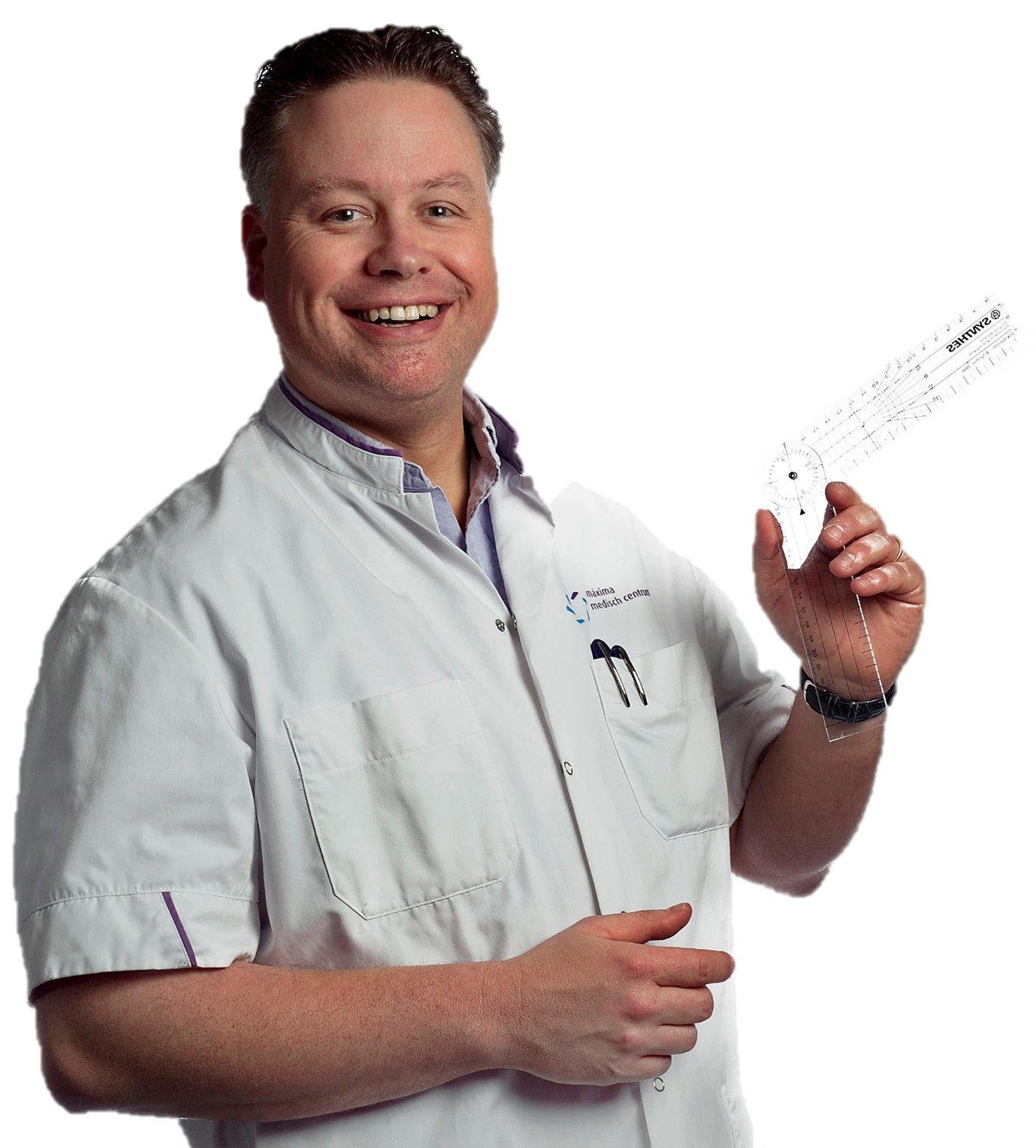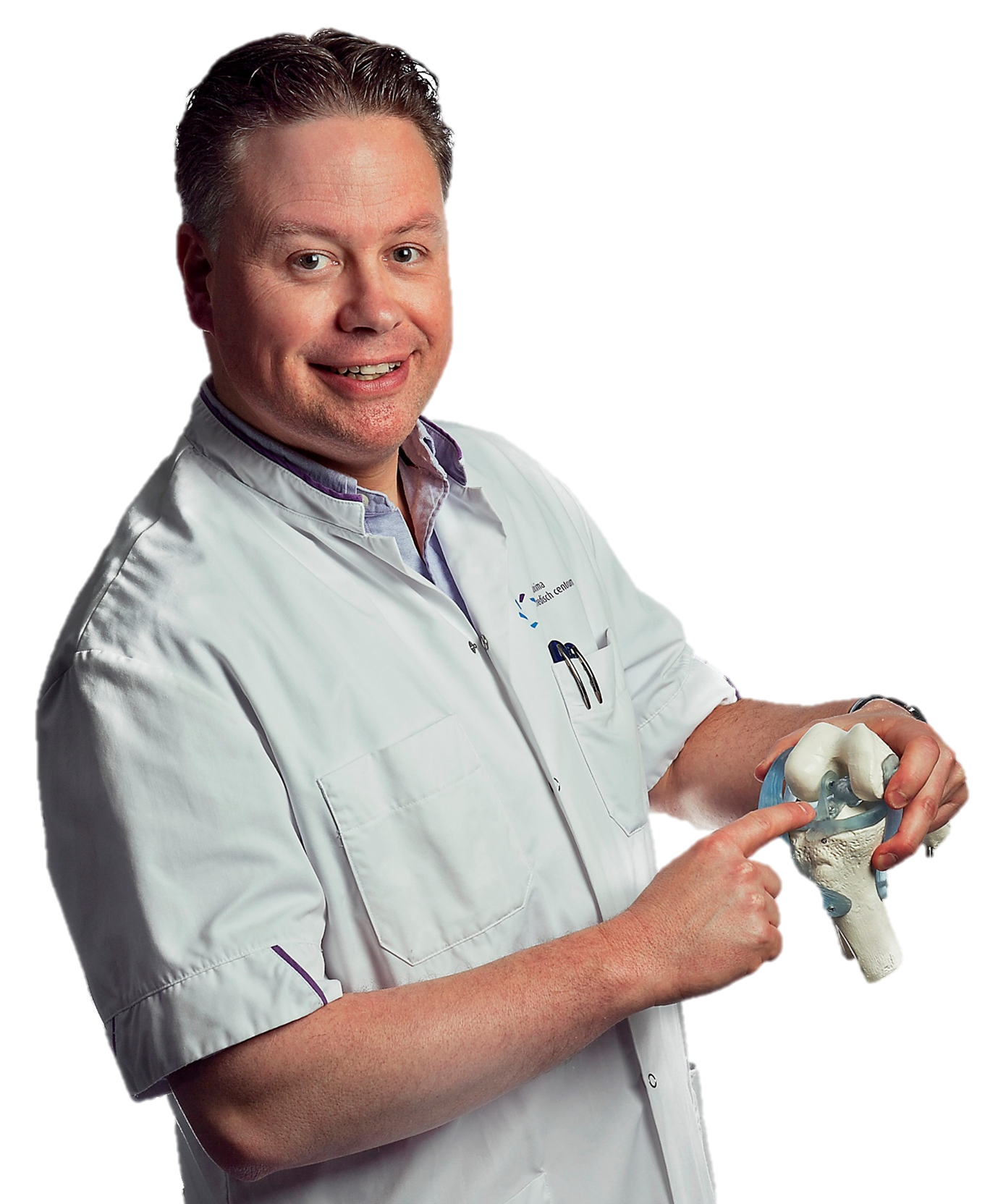STARR Study Group, Meuffels, D. E., &...
Measurement properties of the OARSI core set of performance-based measures for hip osteoarthritis. A prospective cohort study on reliability, construct validity and responsiveness in 90 hip osteoarthritis patients.

Abstract
Background and purpose – Improvement of physical function is one of the main treatment goals in severe hip osteoarthritis (OA) patients. The Osteoarthritis Research Society International (OARSI) has identified a core set of performance-based tests to assess the construct physical function: 30-s chair stand test (30-s CST), 4×10-meter fast-paced walk test (40 m FPWT), and a stair-climb test. Despite this recommendation, available evidence on the measurement properties is limited. We evaluated the reliability, validity, and responsiveness of these performance-based measures in patients with hip OA scheduled for total hip arthroplasty (THA). Patients and methods – Baseline and 12-month follow-up measurements were prospectively obtained in 90 end-stage hip OA patients who underwent THA. As there is no gold standard for comparison, the hypothesis testing method was used for construct validity and responsiveness analysis. A test can be assumed valid if ≥75% of predefined hypotheses are confirmed. A subgroup (n = 30) underwent test-retest measurements for reliability analysis. The Oxford Hip Score, Hip injury and Osteoarthritis Outcome Score-Physical Function Short Form, pain during activity score, and muscle strength were used as comparator instruments. Results – Test-retest reliability was appropriate; intraclass correlation coefficient values exceeded 0.70 for all 3 tests. None of the performance-based measures reached 75% hypothesis confirmation for the construct validity or responsiveness analysis. Interpretation – The performance-based tests have good reliability in the assessment of physical function. Construct validity and responsiveness, using patient-reported measures and muscle strength as comparator instruments, could not be confirmed. Therefore, our findings do not justify their use for clinical practice.





